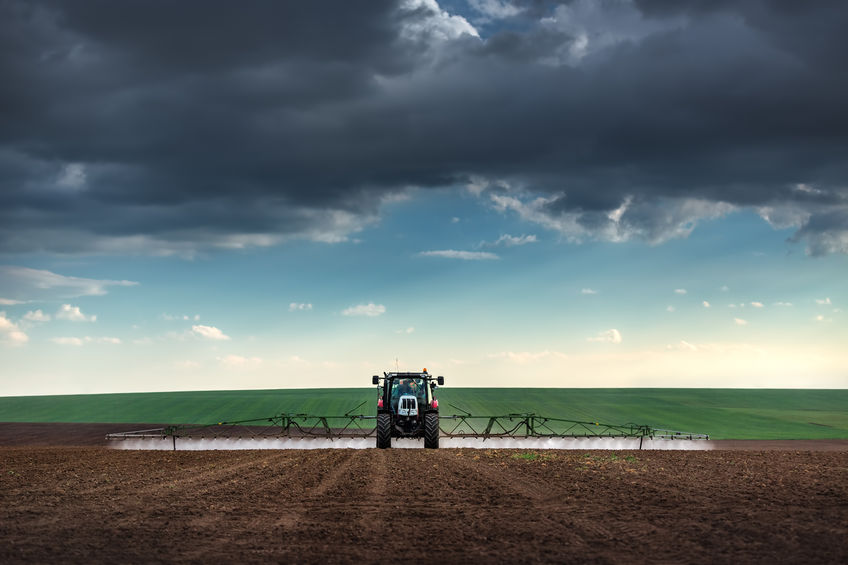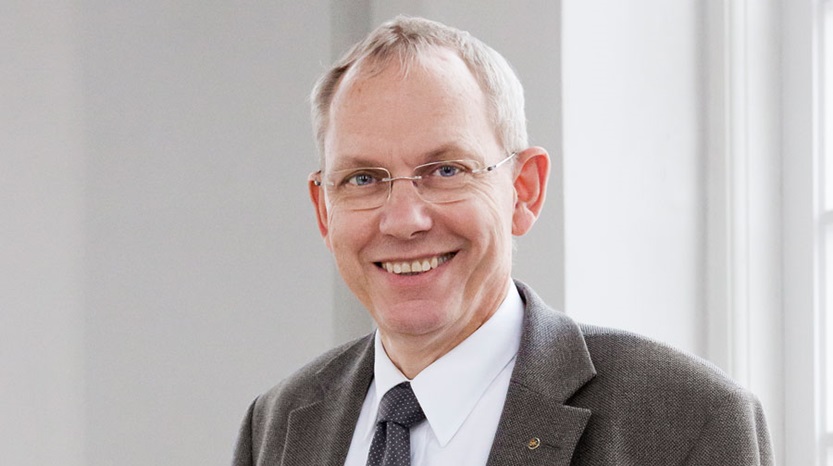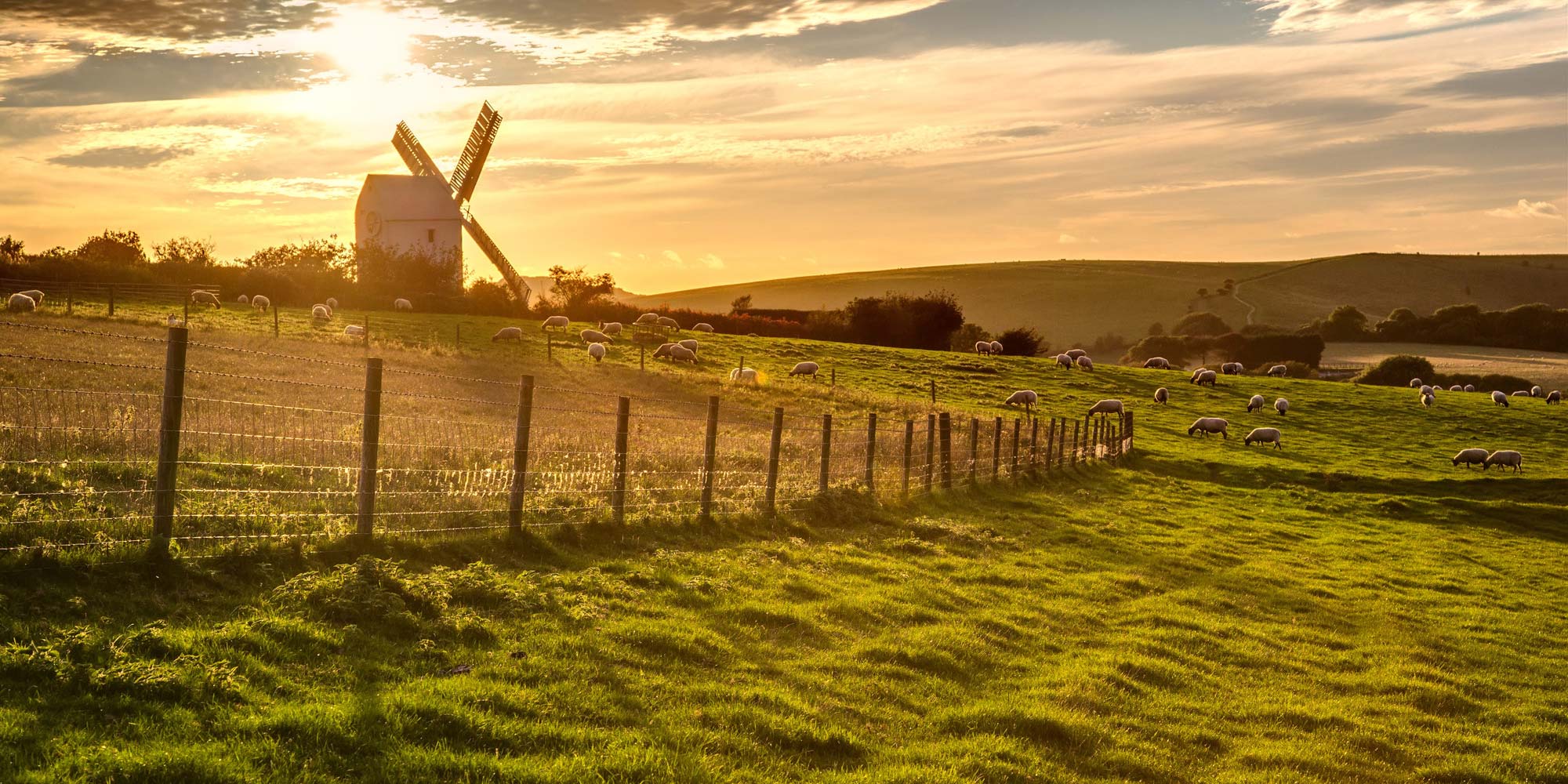
The EU farming sector have outlined their first thoughts on the Common Agricultural Policy (CAP) post-2020.
EU agri-cooperative Copa and Cogeca has described how the sector has been facing an imbalance on agricultural commodity markets and continuously falling profits for two years, squeezed by low market prices and high input costs.
This has prompted the sector to focus on a CAP that works better for farmers, amid such crises.
Copa President Martin Merrild said: "The situation was made a lot worse by the Russian ban on EU farm exports which cut our exports for pork, dairy, fruit and vegetables a lot.

"Nobody thought that it would last this long. We have now recovered most of the exports that we lost due to this ban, but the markets remain fragile.
"The EU dairy and pork markets are showing signs of recovery due to higher demand from China.
"Dairy producers are still not really seeing the benefits of the price rise but we have to remain optimistic that they will in the next six months.
"But the EU grain market is still in a difficult situation, with EU farmers suffering from cash flow problems."
'CAP that works for farmers so they can deliver'

The EU Commission is set to release a communication on the CAP post-202 outlining first thoughts next summer.
"It’s consequently important that we develop our ideas to feed into this process and ensure that we have an agriculture sector in the future which is more capable of responding to agricultural crises of the type we have just been through," Mr Merrild said.
"We need a CAP that works for the farmers so that they can deliver, the EU must be much more ambitious on cutting red tape that is killing us.
"Commissioner Hogan’s simplification agenda is welcome news but it does not go far enough, some of the proposed changes actually make it more difficult for farmers and are also counter-productive when it comes to environmental sustainability.
"This must change next year and even more so in the CAP post-2020. We need rules that are simple, workable, and easy to understand," Mr Merrild said.
"We also need to develop tools at farm level post 2020 to help farmers better manage the risks of increasingly volatile markets.
"For example, risk management measures, insurance, futures markets, stronger measures to manage the market.
"Production also needs to be better targeted to consumer demands. The CAP must be aligned to reflect this.
"Consumers also need to be aware of the high production standards that we meet and of the many benefits of the EU agriculture sector for the economies of rural areas, growth and jobs. The CAP plays a vital role to ensure this. Communication must be improved here," Mr Merrild stressed.
'Not just about markets - but a good life'
The Copa President went on to say that being a farmer is not only about markets, but also about having the possibility to have a "good life" in rural areas, with access to good education, health facilities and jobs for our family members.
"Like everyone else, we need good infrastructures in rural areas and broadband access so that we can develop our businesses and benefit from smart farming and digital technology.
"At our workshops, speakers underlined that smart farming and precision agriculture helps producers to produce more using less resources and enables them to save on input costs.
"But with only 25% of farmers using precision farming, uptake must be increased.
"EU support and training is needed here and an adequate broadband infrastructure to unleash the promise of digital farming.
"We also need research to give us innovative tools that farmers can use. Better access to markets, and efficient use of existing natural resources will help us to contribute to one of the biggest challenges over the next decade: the need for increased food production for a growing world population.
"Importantly, it helps us in the fight against climate change which threatens food production," he added.
One of the strongest reasons for CAP change is to make farmers more climate efficient and produce more.
"There is no point in cutting efficient production in Europe just to build it up elsewhere," he said.
"Together with all EU institutions, we must make the Paris agreement on climate work for us.
"I am sure we can deliver, but to achieve this, we need a stable CAP with a strong budget behind it post 2020 so that producers together with their cooperatives can plan ahead and enjoy a viable future," Mr Merrild concluded.
